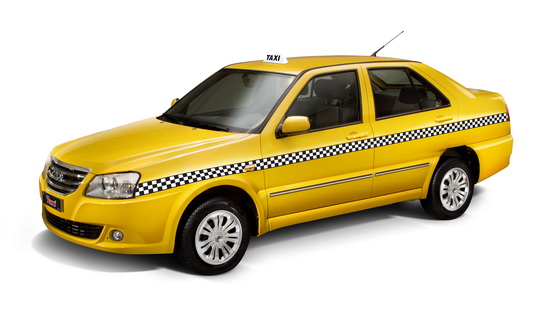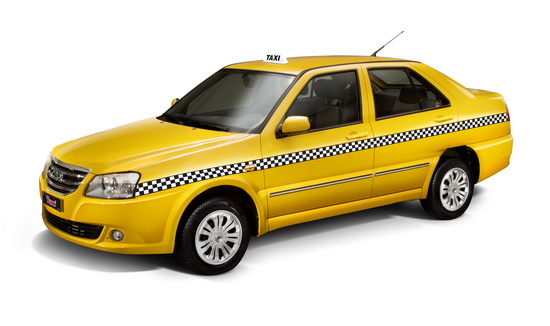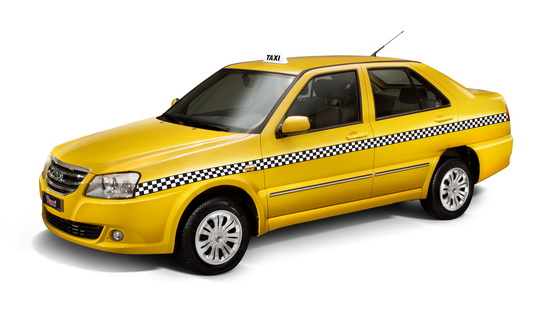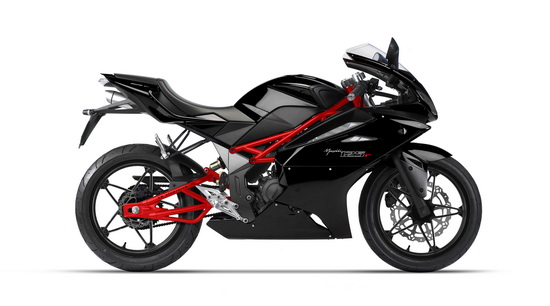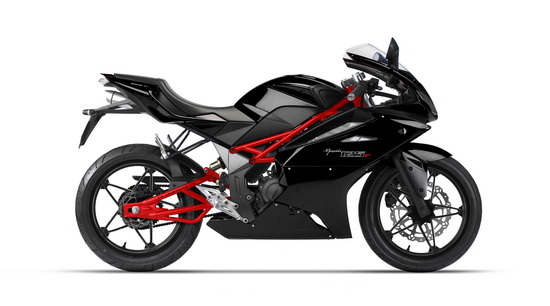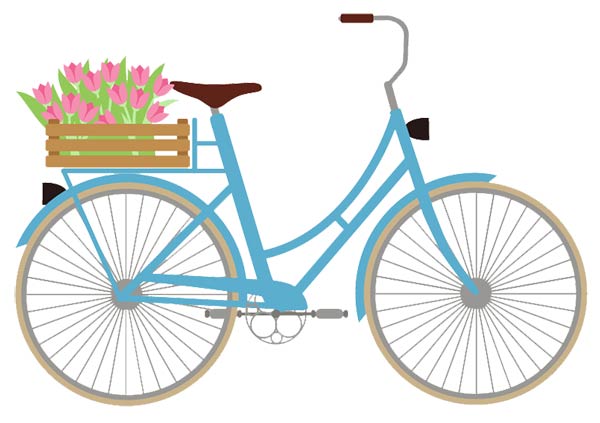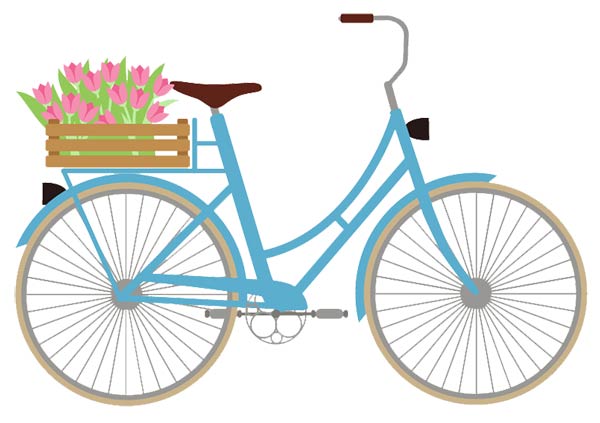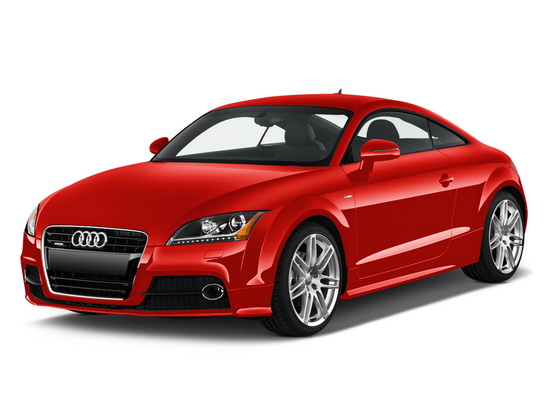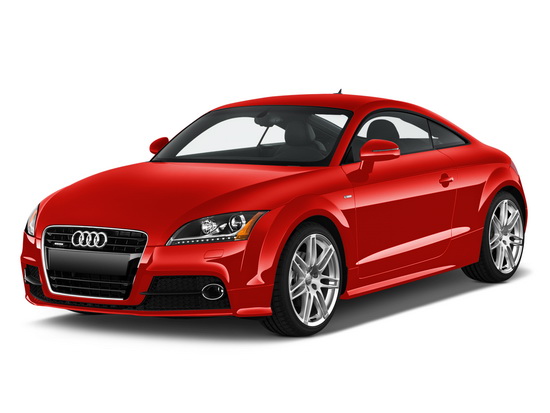brother
brother [brother brothers brethren] noun, exclamation [ˈbrʌðə(r)] [ˈbrʌðər]
noun
IN FAMILY
1. a boy or man who has the same mother and father as another person
• We're brothers.
• He's my brother.
• an older/younger brother
• a twin brother
• Does she have any brothers and sisters?
• Edward was the youngest of the Kennedy brothers.
• He was like a brother to me (= very close).
see also half-brother, stepbrother
OTHER MEN
2. (pl. brothers or old-fashioned brethren)used for talking to or talking about other male members of an organization or other men who have the same ideas, purpose, etc. as yourself
• We must work together, brothers!
• We are all brothers in the fight against injustice.
• He was greatly respected by his brother officers.
• We must support our weaker brethren.
IN RELIGIOUS GROUP
3. (also Brother)(pl. brethren or brothers) a male member of a religious group, especially a monk
• Brother Luke
• The Brethren meet regularly for prayer.
FORM OF ADDRESS
4. (NAmE, informal) used by black people as a form of address for a black man
AT COLLEGE/UNIVERSITY
5. (in the US) a member of a fraternity (= a club for a group of male students at a college or university)
Word Origin:
Old English brōthor, of Germanic origin; related to Dutch broeder and German Bruder, from an Indo-European root shared by Latin frater.
Example Bank:
• Bill idolizes his big brother, who is a professional footballer.
• Do you have any brothers and sisters?
• He married the wife of his late brother.
• His old teacher greeted him like a long-lost brother.
• She wrote daily to her beloved brother, Leo.
• The boys are so close, they're like brothers.
exclamation (old-fashioned, especially NAmE) used to express the fact that you are annoyed or surprised
• Oh brother!
Word Origin:
Old English brōthor, of Germanic origin; related to Dutch broeder and German Bruder, from an Indo-European root shared by Latin frater.
